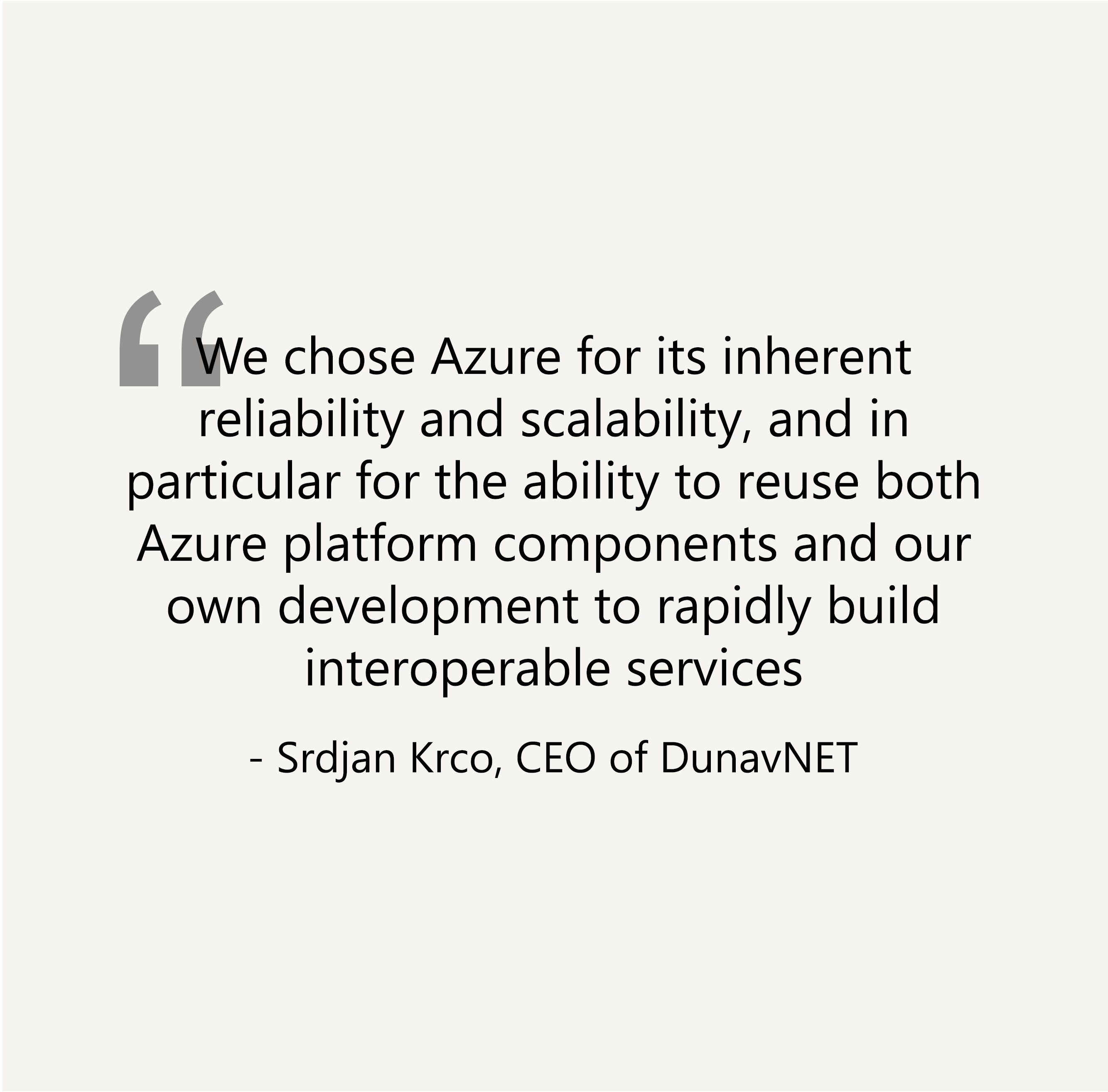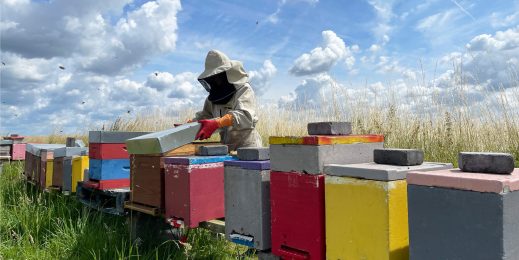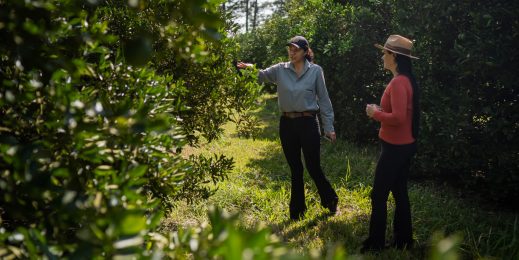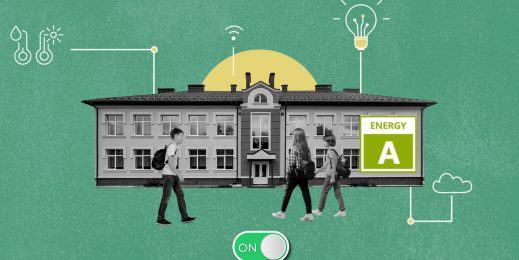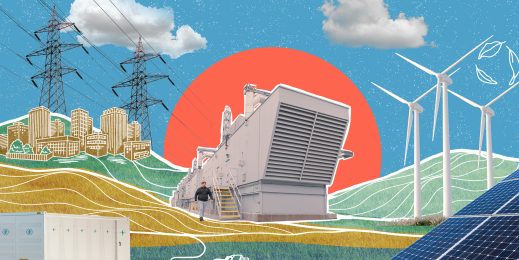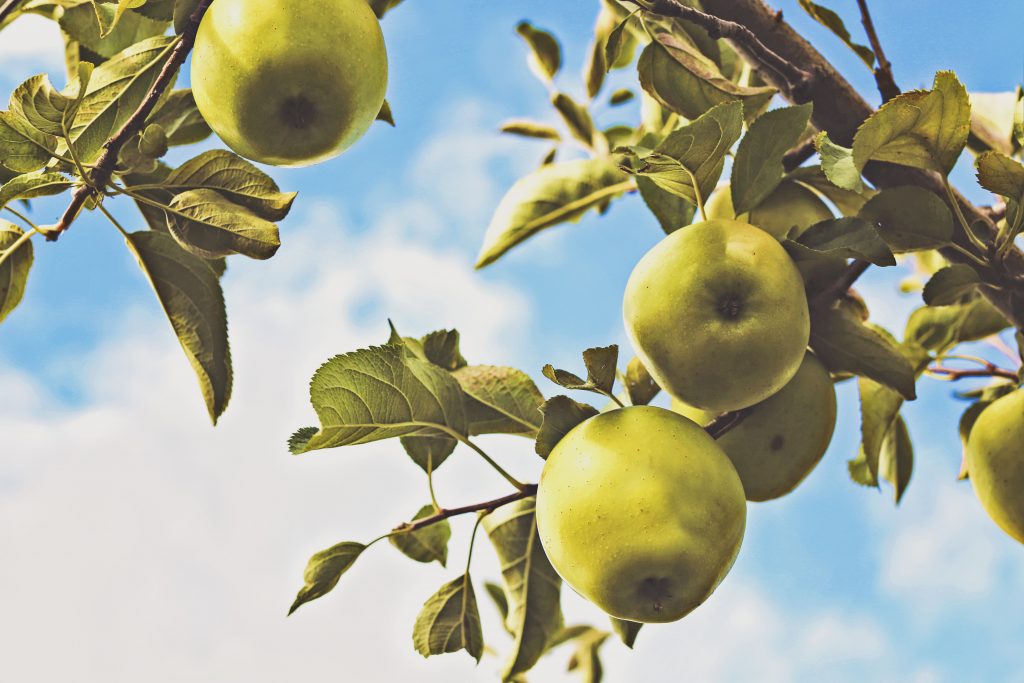
How one Microsoft IoT partner is transforming agriculture in Serbia
From Apples to Azure
If you were to travel back 100,000 years, it’s safe to say that your surroundings would be rather different.
Towering buildings, smooth paved roads, the shimmering glint of office windows and the rumble of cars – all nowhere to be seen. And yet, you might find yourself stumbling across a piece of land laden with organised rows of crops – the very first farms.
Agriculture marked the beginning of modern civilization all those hundreds of thousands of years ago, and modern farmers still face the same challenges as our ancestors – drought, pests, soil erosion – all ancient hurdles that have weathered the test of time.
The importance of agriculture remains to this day, as the world population continues to grow amidst changing weather patterns and reducing profit margins for farmers.
Enhanced crop management is, therefore, crucial to farmers, especially as food production consumes a large amount of resources and faces constant threats. An estimated 70% of the world’s fresh water is used for growing crops, while up to 40% of crops are destroyed by weeds, diseases, and insects.
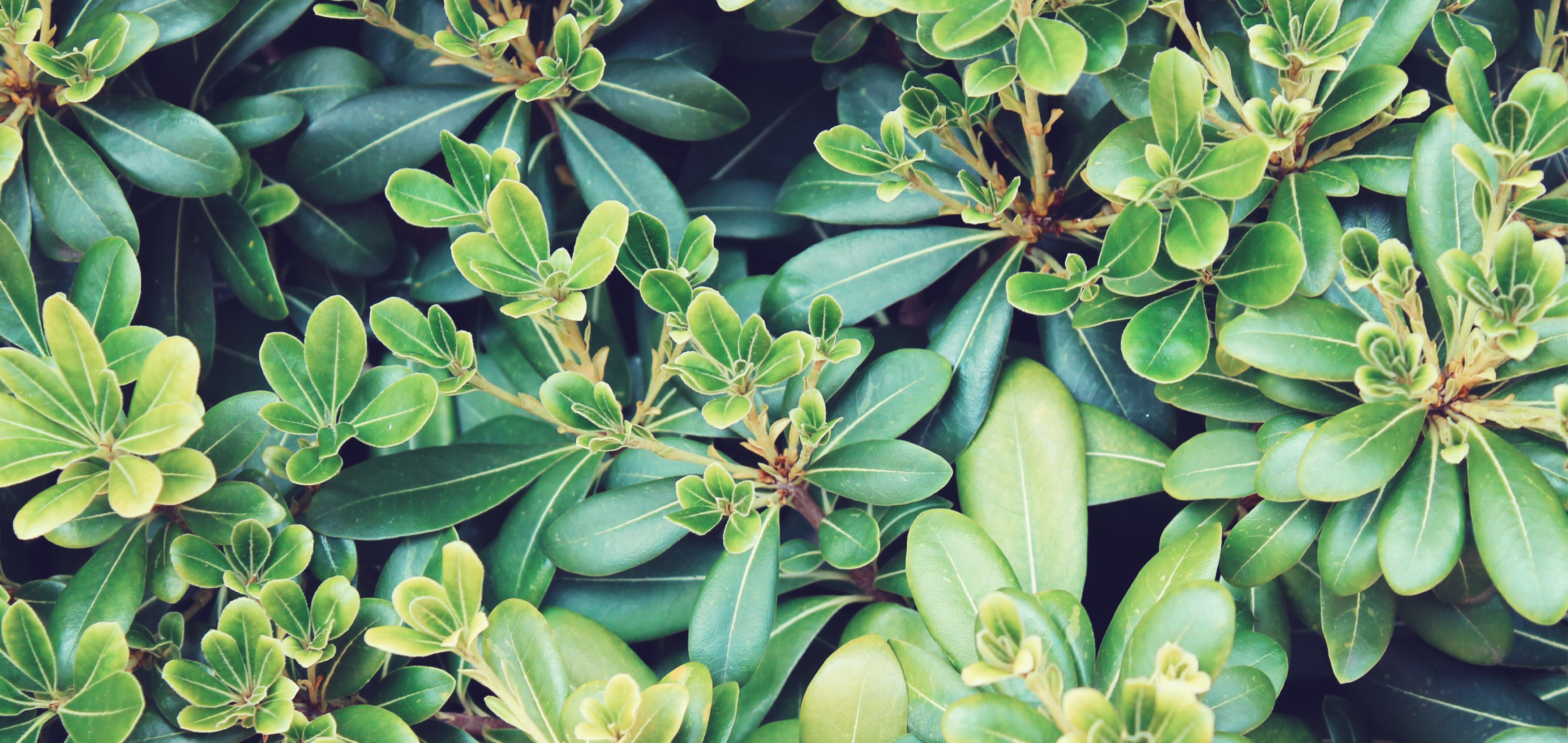
.
Farming 2.0
DunavNET, a Serbia-based Microsoft Internet of Things (IoT) partner, is using technology to bring the power of digital transformation to farmers to help them generate better quality food, higher yields, and increased profits.
The company offers a range of smart agricultural solutions called agroNET. Built on Microsoft Azure IoT, agroNet provides a digital advisory service for farmers, thanks to its end-to-end system which combines years of agricultural knowledge about soil and plants, with devices which can accurately record precise data in real time, before it’s analysed and presented in the form of useful feedback for farmers.
The system is capable of letting farmers know when to irrigate their crops, how to control diseases, and where to fight pests. Based on smart predictions, the system helps increase efficiency by negating the overuse of water and pesticides, therefore reducing waste, and reducing costs. This, in turn, helps increase the quality and yield of crops, which further contributes to increasing profit margins.
An apple a day
One example of DunavNET’s system at work, is its boxNET solution which uses cloud-based Azure IoT Hub technology to help track over 50,000 apple pallet boxes in an orchard.
Each box is tracked thanks to their passive RFID tags, which are then automatically scanned when they enter or leave through 22 sensor gates.
The RFID sensors feed data back to Azure IoT Hub, which processes the data before displaying it on an intuitive dashboard which provides a list of suggested actions for end users, based on real time insight into pallet location and availability.
Smart irrigation
Another of DunavNET’s smart agricultural solutions, irrigNET, is powered by Azure IoT Hub and Azure SQL Database, with a machine learning component also being gradually introduced into the system.
The irrigNET system has been piloted in a Serbian sugar factory to help them grow sugar beets. Sensors are able to measure the water content in soil, before this data is combined with local weather forecasts and crop models to help ensure that crops are watered at the right times, in the correct amounts.
This system not only increases the yield by 30%, it also reduces the water use by 20%, and it has already proven to be successful for growers of other crops, including corn, soybean, onions, carrots and cucumbers.
Another large agriculture company, Matijevic, which grows crops over 30,000 hectares, has expansion plans in place for its current DunavNET system for the coming seasons.
In addition, irrigNET is being deployed in Plantaze’s vineyard in Montenegro – one of the largest in Europe – spanning 2,300 hectares, helping the company increase its electricity usage to help reduce costs.
Pest reduction
Another branch of DunavNET’s smart solutions is trapNET – a system which is able to remotely monitor pests through the use of pheromone traps with built-in cameras which assess the presence of damaging insects, before checking the dashboard for guidance on the correct timings and dosage of pesticides to distribute.
DunavNET has found that the use of this system reduces crop loss by 5-10%, while cutting down pesticide use by 20%, reducing costs and helping to minimise environmental impact on birds and animals.
Finally, the alertNET system combines years of agricultural expertise and data with weather, soil and crop information to generate timely disease protection and recommended treatments, further reducing costs.
As Earth’s population grows, farmers must produce the escalating amount of food needed to feed our increasingly urban communities. Innovative IoT-based tools such as agroNET can give farmers the insights they need to maximize production, protect natural resources and put food on people’s tables.
For more information on how IoT can transform your business, visit InternetofYourThings.com and the Original Microsoft IoT Blog post.






